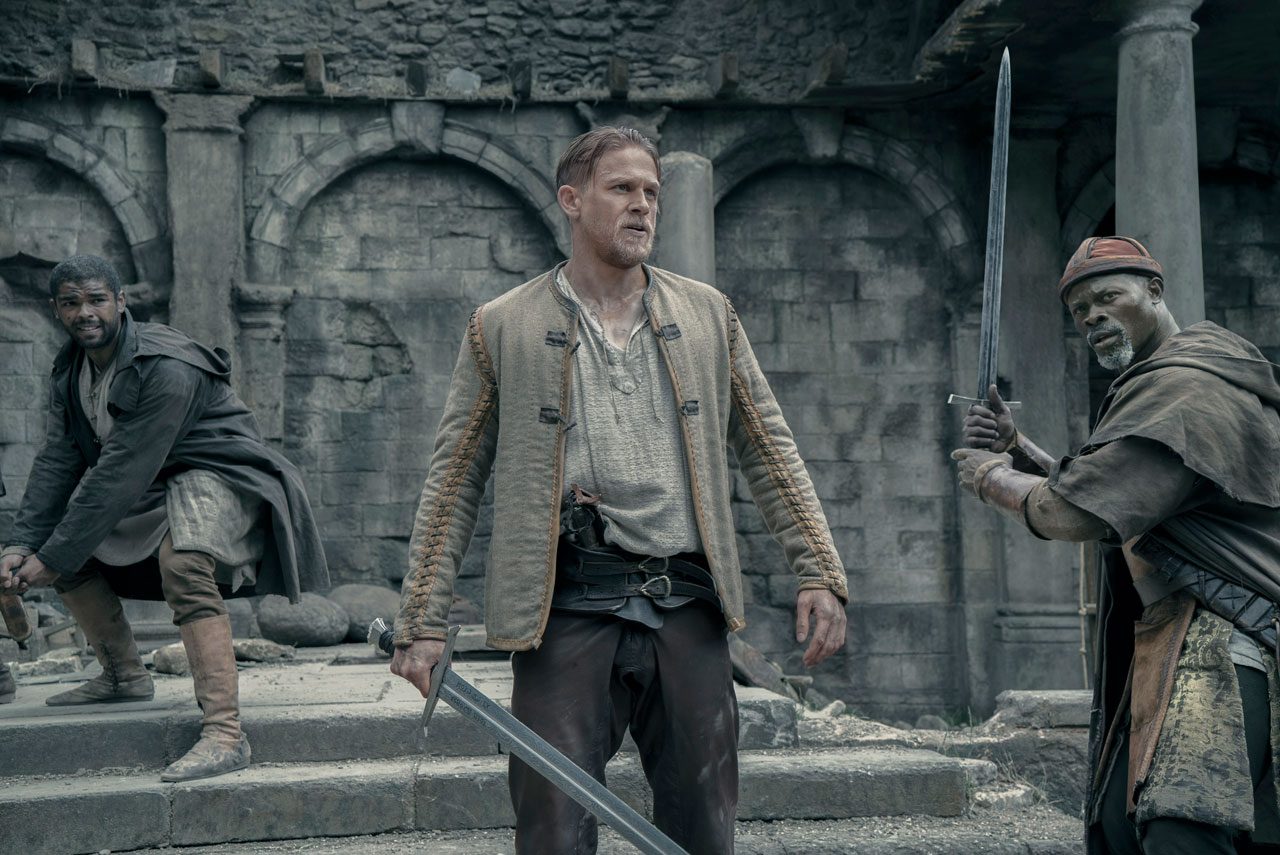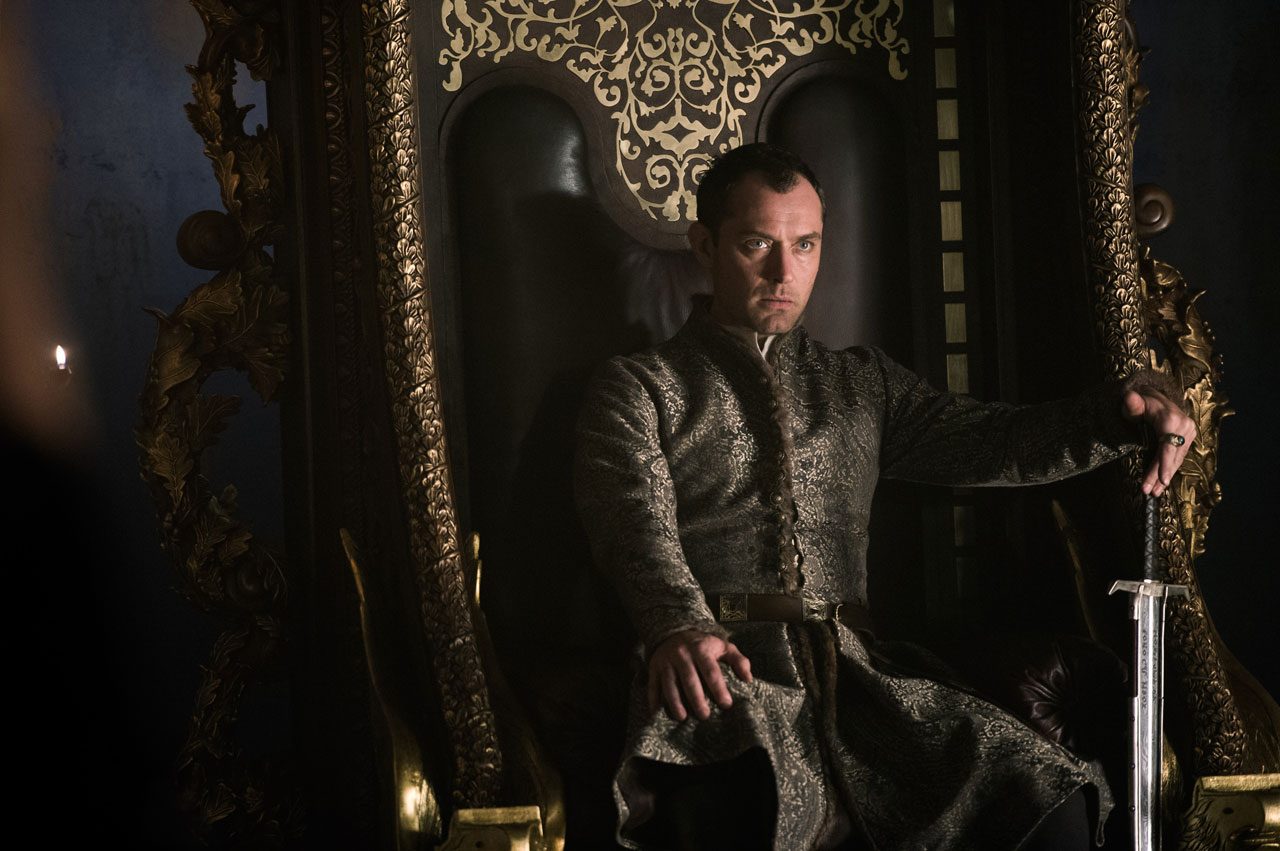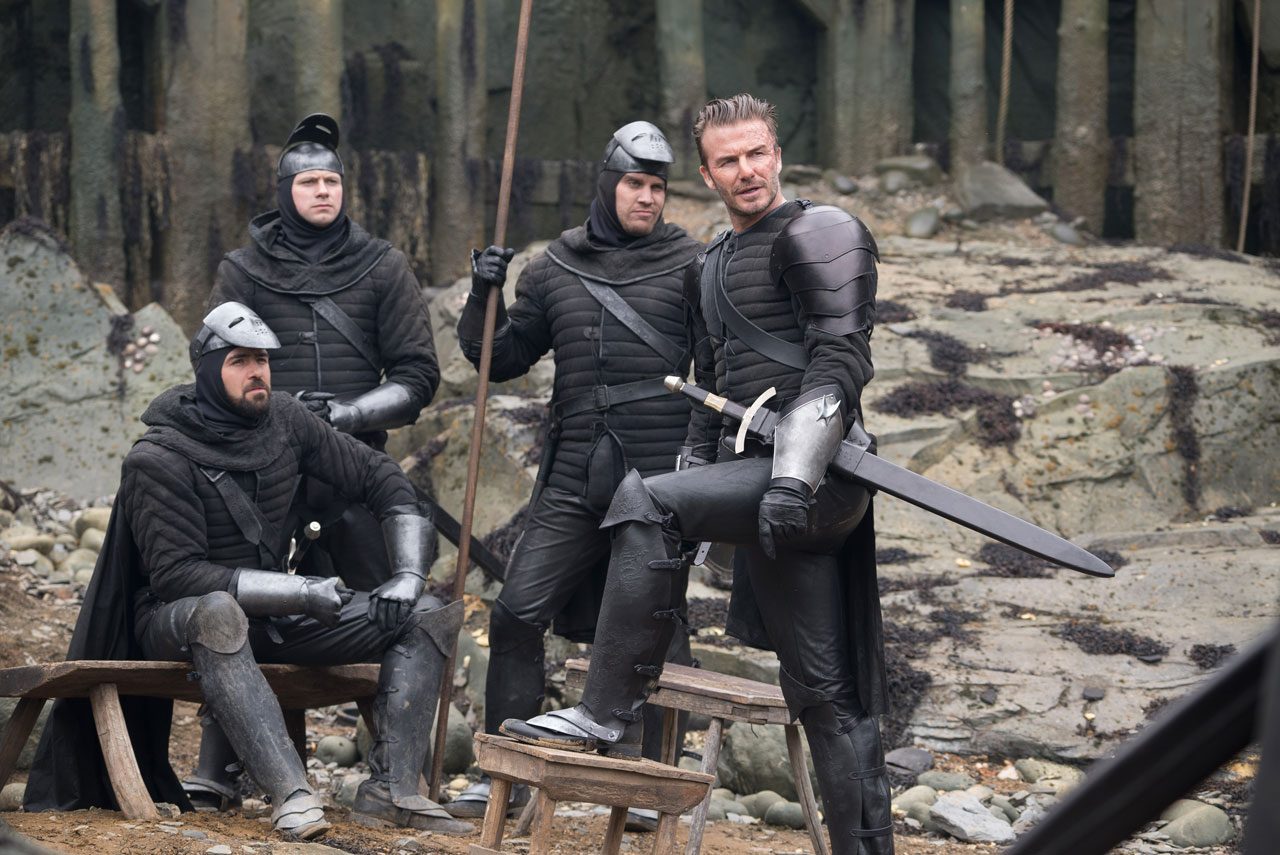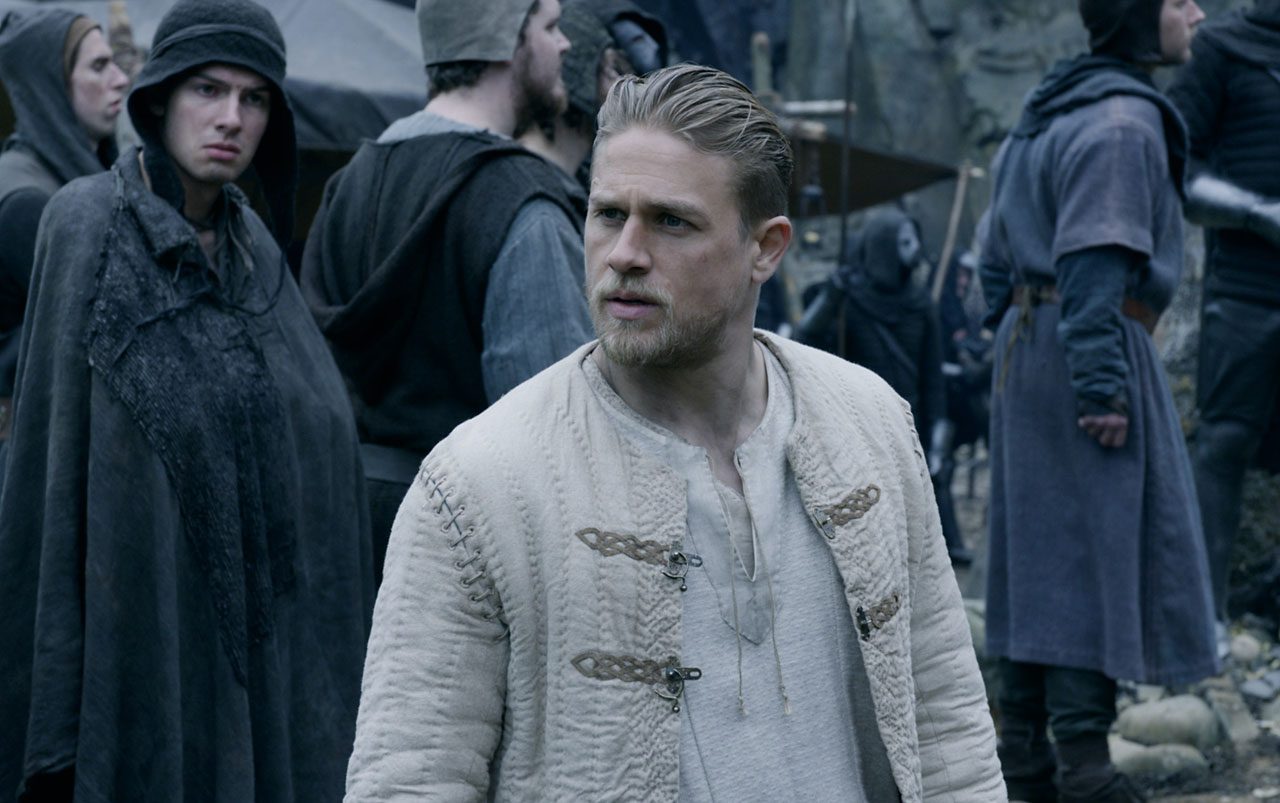SUMMARY
This is AI generated summarization, which may have errors. For context, always refer to the full article.

Guy Ritchie’s King Arthur: Legend of the Sword is more than just a flawed reimagining of the famed myth of a lad destined to pluck a sword out of a boulder to become England’s most celebrated king. It dangerously teeters towards being bad cinema, with its unhinged anachronisms and giddy rhythms that betray the elegance typically reserved for costumed epics.
Despite that, the film has a personality that is undeniable. Sure, that personality may not always be agreeable but it is something noteworthy in a market full of blockbusters that all look and feel the same.
Modern sensibilities
It takes a while before Legend of the Sword takes a distinct shape. The film opens like most other blockbusters – with charmless spectacle.
Camelot is under siege by CGI elephant-like creatures commandeered by an evil mage whose generic design makes him more apt to belong in a videogame than in a film. Bereft of any character, Ritchie swiftly breezes through the overstuffed prologue to spell out the essential details – that the king (Eric Bana) has been betrayed by his brother (Jude Law) who takes over the throne, and the rightful heir to the kingdom, Arthur, escapes in Moses-like fashion to Londinium where he is raised by a band of prostitutes.

This is where Ritchie decides to show off his trademark style. Legend of the Sword suddenly erupts into a frenzied montage of the future king of England growing up from pickpocketing toddler into the lean and mean fighting machine that is played convincingly by Sons of Anarchy star Charlie Hunnamn.
The pace is hurried, with the film often venturing off the tracks with energetic flashbacks relayed in colloquial fashion, perhaps to emphasize the film’s separation from conventional storytelling to follow more modern sensibilities. True, it distracts, most especially when the characters suddenly relax to project a more current vibe, abandoning all notions of the era they are supposed to be in.
Rebel king

However, that is essentially Ritchie’s conceit.
He favors putting modern-day twists to centuries-old material, a novelty he exploited in films like Sherlock Holmes (2009) and its horrendous 2011 sequel. In Legend of the Sword, the discrepancy is much more apparent.
The film turns Arthur from the creature of destiny that the myth and its many iterations shape him to be, to someone who is less convinced of his own royalty and needs to struggle and prove his mettle to deserve his place. He is transformed into a populist hero, a Christ-like figure who carries the burden of saving his people from the tyranny of an authoritarian ruler. In a way, Ritchie succeeds in fully carving an Arthur that fits this generation that fetishizes rebelliousness.
The unusual mix of contemporary verve and fantasy can be very off-putting, especially with most of the characters looking more like men’s magazine models than medieval rivals. However, it is also very difficult to simply dismiss the careless appropriation. There are times where the energy from the anachronisms is undeniably infectious, making the film’s humdrum plot and ridiculous action sequences a tad more bearable than they should be.
Interesting in concept

It is all very interesting, at least in concept.
Despite the abundance of personality, the film still fails to cohere fully. The film is all attitude with very little substance. When its conceit runs out, it retreats to being the generic blockbuster it tries so hard not to be. Bookended by action sequences that are bereft of originality and overly reliant on soulless visual trickery, Legend of the Sword is confused of what it really wants to be, ending up as just another boisterous showcase of hollow gimmickry. – Rappler.com

Francis Joseph Cruz litigates for a living and writes about cinema for fun. The first Filipino movie he saw in the theaters was Carlo J. Caparas’ ‘Tirad Pass.’ Since then, he’s been on a mission to find better memories with Philippine cinema.
Add a comment
How does this make you feel?
There are no comments yet. Add your comment to start the conversation.